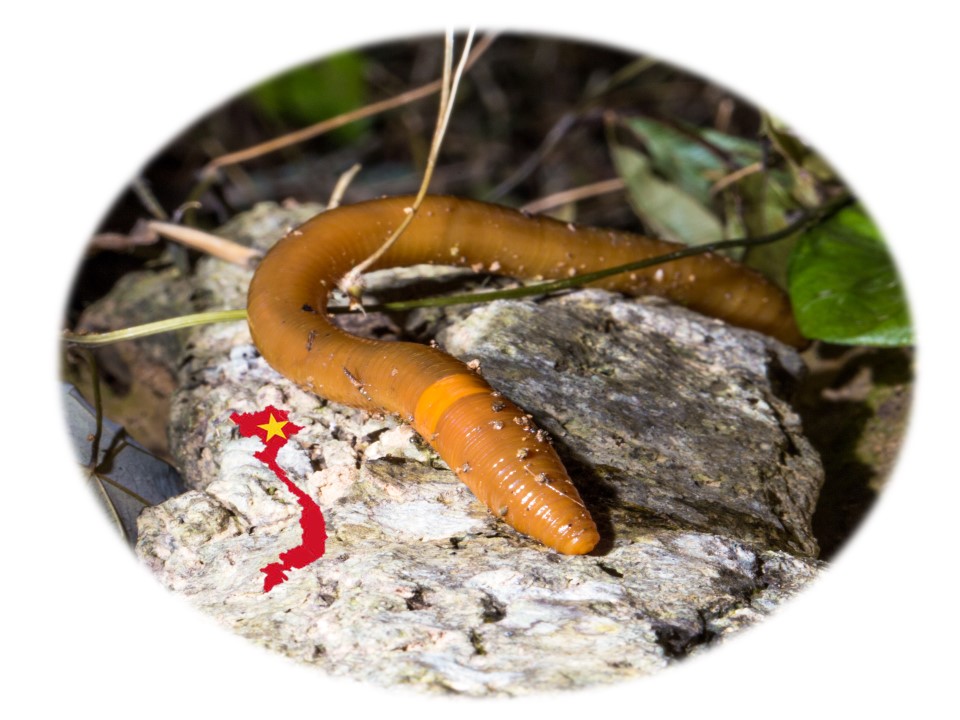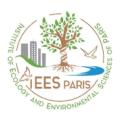
Earthworm monitoring program in Vietnam
Leaders: Nguyen Than Tung and Lam Hai Dang
Correspondant: Bottinelli Nicolas
Project funded By IRD (2024-2026)
Earthworms are key regulators of soil structure and soil organic matter dynamics. Their impacts depend on the species composition and their functional traits. In the context of climate change, understanding the effects of human activities on earthworm communities is of outmost importance. Vietnam has a high level of earthworm diversity with 250 species described. The majority of the research carried out in Vietnam has focused on cataloguing the diversity of earthworms, while there are few systematic studies of earthworm distributions in Vietnam and no synthesis of this data has occurred. Therefore, we still lack baseline values that could be used for assessing the success of ecosystem restoration practices/strategies and comparing data across time scales and for detecting subtle trends in temporal biodiversity assessments. In addition, knowledge on the ecology of earthworms and their impacts on soil processes in Vietnam are limited to only few species since more than 50% of the species identified are endemic.
The general objective of the JEAI WORMAP is to investigate the spatial distribution of earthworms in southern Vietnam and to evaluate their contribution to regulate soil water and soil carbon storage. The JEAI team includes Vietnamese scientists from the University of Can Tho, the Institute of Ecology and Biological Resources and Vietnam National University, who have the willingness to structure their research on earthworm diversity, ecology and soil functioning. The expected results include (i) enhanced knowledge on diversity, spatial distribution and ecology of earthworms which will enable the detection of biodiversity hot spots as well as areas subject to change, and the implementation of efficient ecosystem management and (ii) capacity building by training students and scientists in earthworm taxonomy, biogeography and soil ecology.
